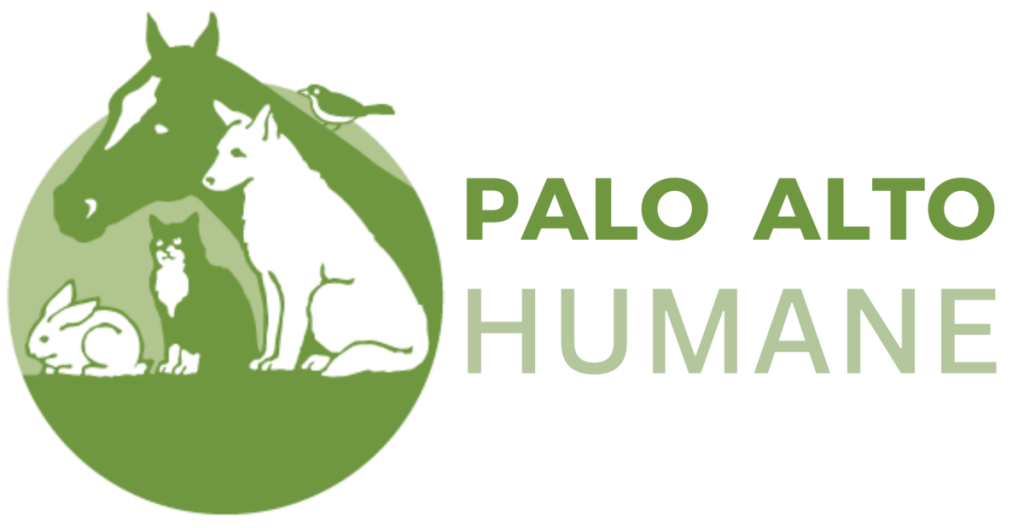Humane Eating
Information and Resources for Dining with a Clear Conscience
These components comprise what it means to eat humanely:
- Treating animals humanely
- Reducing or eliminating the consumption of animals and animal products
- Considering the global impact of our food choices
Optimal choices for animals and the planet are also optimal for human health. As more people are realizing, keeping animals off your plate means keeping animals out of the slaughterhouses and turning your dollars away from the cruelty, confinement, and greenhouse gas-producing system of factory farming. Evidence continues to support the UN Food and Agriculture Organization’s findings that animal agribusiness is the leading cause of greenhouse gas emissions. Additionally, eating fewer animal products promotes human health.
Making food choices that are friendly to animals, the planet, and human health is easier today than ever before. From the increasing popularity and quantity of farmers’ markets to the convenience of scrumptious vegetarian foods available on restaurant menus and in grocery aisles, an increasing number of options allow us to make humane choices.
Below is a list of resources for ethical, local, and sustainable food sourcing options.
- LISA’S COUNTER CULTURE: Returning to the roots of nourishing, ethical, sustainable food. Lisa’s website contains a virtual library for local, natural, and ethical food sources for the San Francisco Bay Area Peninsula.
- REAL FOOD BAY AREA: From farm to table, Real Food is dedicated to providing local, healthy, sustainable, artisan foods delivered directly to your area.
- HAPPY GIRL KITCHEN: Happy Girl is building a community of people who share its passion for food preservation. Its mission is twofold: (1) to promote local organic farming, thereby maintaining a strong local economy and more sustainable food system; and (2) to empower us through hands-on workshops and deliveries of local harvest products at affordable prices.
- IMPOSSIBLE FOODS: Impossible Foods aims to positively impact climate change by producing the Impossible Burger, a plant-based “meat” that utilizes way less land and water than that needed by cows and produces a fraction of the meat industry’s greenhouse gas emissions. The Impossible Burger is a dietary source of iron, fiber, and calcium, B vitamins, zinc, potassium and phosphorus, and has the same amount of protein as 80/20 ground beef from a cow. It contains no animal hormones or antibiotics and has 0 mg of cholesterol (only 14 g total fat per 4-oz serving). Meat eaters have attested to its “genuine” flavor.
The Impossible Burger is on the menu at a variety of local venues. To locate restaurants that feature the Impossible Burger, visit their website by CLICKING HERE.
